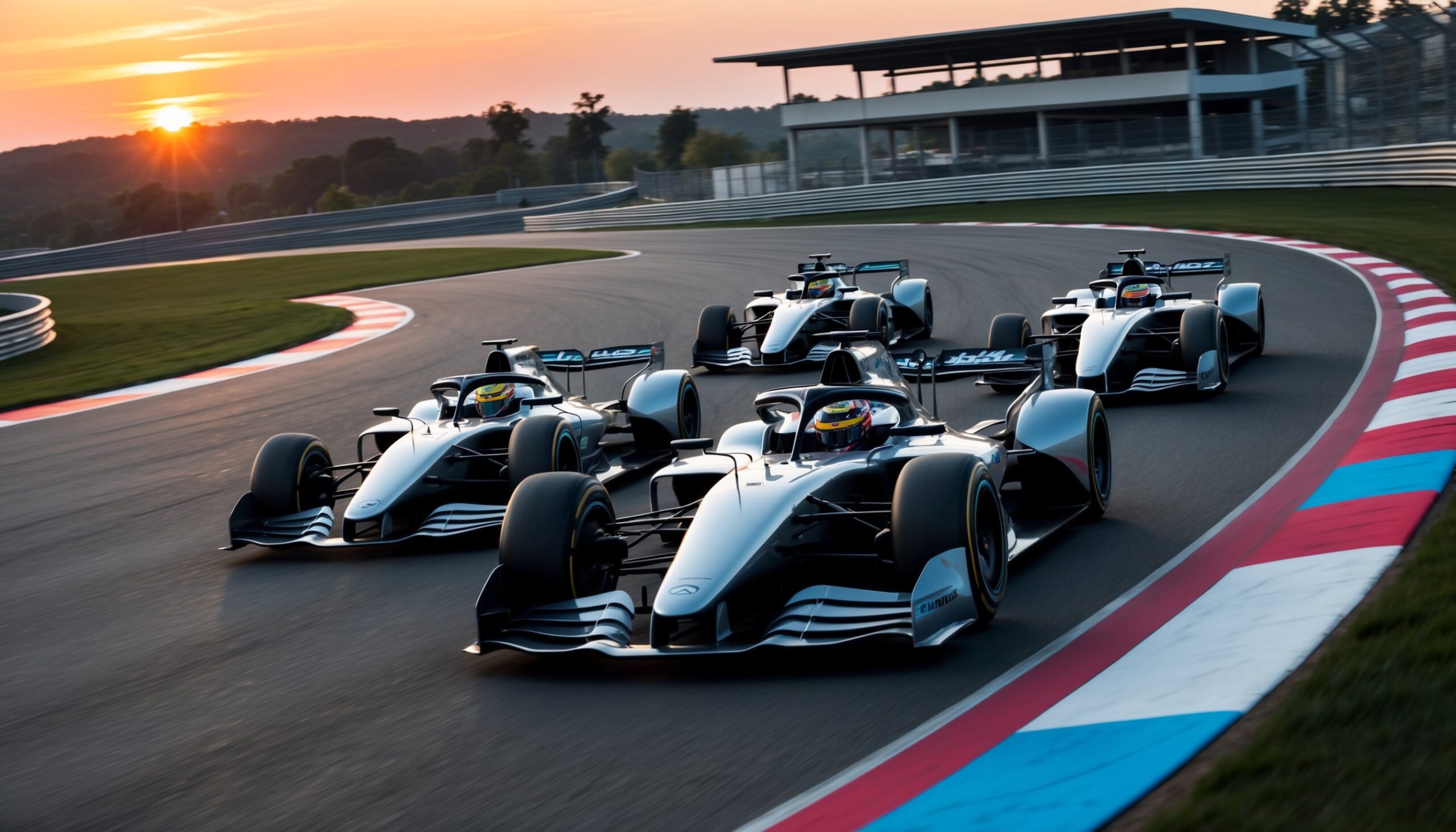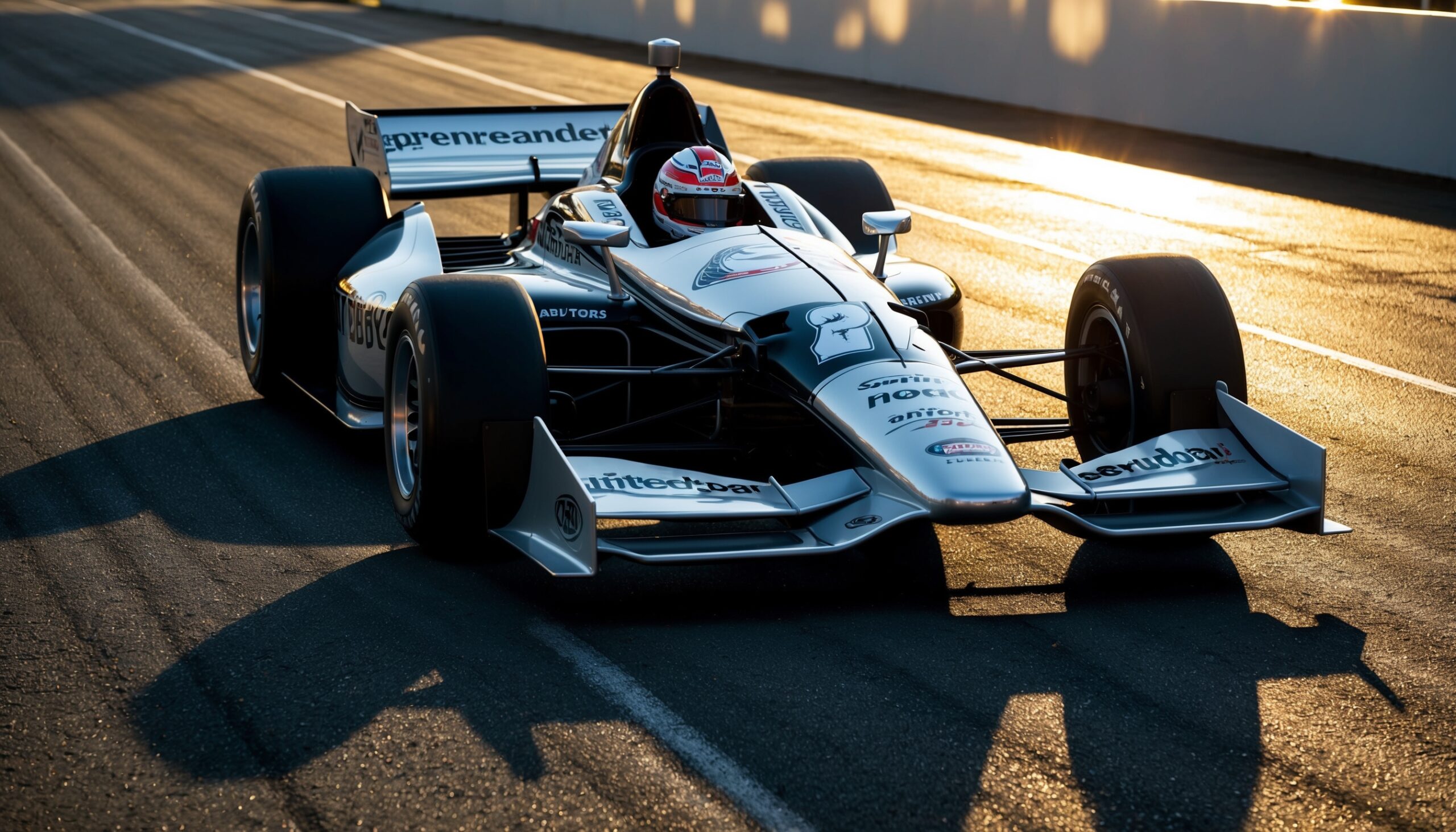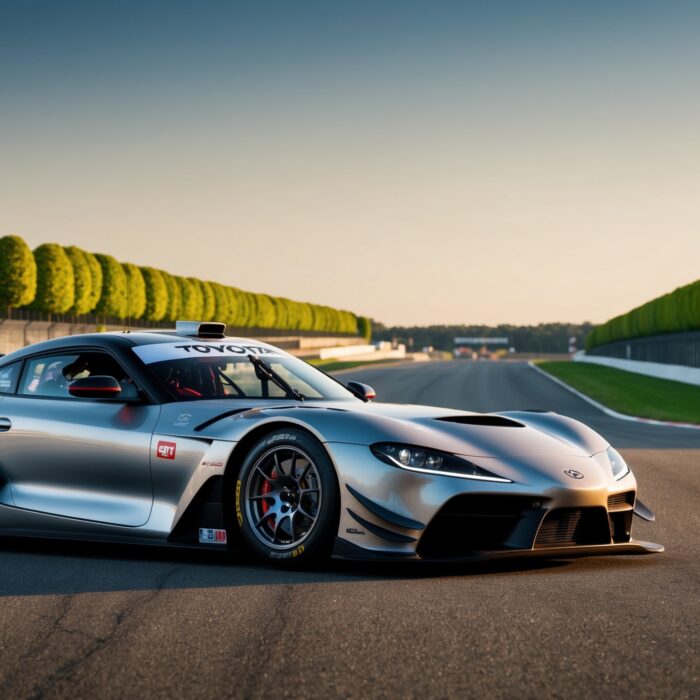Lexus F Models May Be in Trouble
When we think of luxury performance cars, Lexus may not be the first name that springs to mind. Yet, the brand has made significant strides in the performance segment with its F models, particularly the Lexus IS F and the RC F. These vehicles were designed to compete with heavyweights from BMW, Mercedes-Benz, and Audi, proving that Lexus could indeed play in the big leagues. However, as we stand at the crossroads of automotive evolution, it looks like Lexus F models may be facing some challenges. Today, we delve into the reasons why these performance-oriented vehicles might be in trouble and what that means for the future of Lexus.
The Rise of Performance Luxury
Luxury performance cars began their meteoric rise in popularity in the early 2000s. With manufacturers like BMW and Audi pushing the envelope with their M and RS models, respectively, the market became increasingly competitive. Lexus entered the fray with its F lineup, aiming to provide a unique blend of luxury and performance. The F badge quickly became synonymous with high performance, giving enthusiasts something to cheer about.
The F Lineup: A Brief Overview
- Lexus IS F: Launched in 2007, the IS F was powered by a 5.0-liter V8 engine that produced a thrilling 416 horsepower. This model set the tone for what the F line would represent.
- Lexus GS F: Introduced in 2015, the GS F took the performance game up a notch with a refined chassis and the same potent V8 engine, generating 467 horsepower.
- Lexus RC F: The RC F, which debuted in 2014, featured a more aggressive design and an enhanced version of the V8 engine, offering a robust 472 horsepower.
- Lexus LC F: Rumored but not yet confirmed, the LC F is expected to push the performance envelope even further, appealing to enthusiasts seeking a high-end sports coupe.
Each model brought its own unique flair and performance characteristics, but their distinctiveness has not always translated to sales success. As we explore the challenges facing the F lineup, it’s essential to consider how the automotive landscape is shifting.
The Electric Revolution
The automotive world is undergoing a seismic shift towards electrification. Major manufacturers are investing heavily in electric vehicles (EVs) as governments around the globe implement stricter emissions regulations. With brands like Tesla leading the charge, traditional automakers are scrambling to adapt to this new reality. For Lexus, the transition to electric could pose a significant challenge for its F models.
Also Read: How Automakers are Investing in eVTOL (Electric Vertical Take-Off and Landing)
The Shift in Consumer Preferences
As consumers become more environmentally conscious, many are gravitating towards hybrid and electric vehicles. While performance enthusiasts may still crave the roar of a V8 engine, the average buyer is increasingly looking for efficiency and sustainability. This shift in consumer preferences could threaten the appeal of Lexus F models, which are heavily reliant on traditional gas engines.
The Competitive Landscape
While Lexus has made strides with its F models, competition is fiercer than ever. Brands like BMW, Audi, and Mercedes-Benz are not sitting idle. They are continually evolving and enhancing their performance lineups to cater to a demanding audience. Let’s take a closer look at how the competition is faring.
The Germans Are Coming
- BMW M Division: BMW has long been synonymous with performance. The M3 and M4 continue to dominate the market with their powerful engines, advanced technology, and superb handling.
- Audi RS Models: Audi’s RS lineup, including the RS5 and RS7, offers blistering performance coupled with all-wheel drive, making them formidable competitors in both wet and dry conditions.
- Mercedes-AMG: The AMG division has produced some of the most sought-after performance vehicles on the market, such as the C63 and E63, which blend luxury and blistering speed seamlessly.
These brands are not just keeping pace; they are often setting the standard for what performance should look like, leaving Lexus struggling to catch up.
Technological Advancements and Innovations
Performance cars today are more than just powerful engines and sleek designs; they come packed with cutting-edge technology that enhances driving experience and safety. From adaptive suspension systems to advanced infotainment, technology plays a crucial role in a car’s appeal.
Where Does Lexus Stand?
While Lexus has made strides in incorporating technology into its vehicles, it still lags behind its competitors in some critical areas:
- Infotainment Systems: Lexus’ infotainment system has been criticized for being less intuitive than rivals, which could deter tech-savvy buyers looking for seamless connectivity.
- Performance Enhancements: Unlike some competitors, Lexus has not offered advanced performance features like adaptive suspension or dynamic driving modes that allow for a more customizable driving experience.
As technology continues to evolve, Lexus must prioritize these advancements to keep its F models relevant. Otherwise, they risk becoming obsolete in a market that demands constant innovation.
The Future of the F Models
With the current landscape posing numerous challenges, one must ask: what’s next for Lexus and its F models? The answer lies in adaptation and evolution. Lexus has the potential to redefine its approach to performance vehicles in several ways.
Embracing Hybrid and Electric Technologies
As consumers increasingly lean toward environmentally friendly vehicles, Lexus must explore hybrid and electric alternatives for its F models. The introduction of a hybrid version of the IS F or RC F could breathe new life into the lineup while maintaining performance. Imagine a high-performance electric F model that delivers instant torque and exhilarating acceleration. This could be the game-changer that revives the brand’s performance image.
Reinventing Performance
Performance doesn’t just come from raw power; it also stems from handling, agility, and driver engagement. Lexus could invest in developing advanced chassis dynamics and lightweight materials to enhance the driving experience. By focusing on a holistic approach to performance, Lexus could carve out a unique niche that differentiates the F models from their competitors.
Also Read: The Next Evolution of Advanced Driver-Assistance Systems (ADAS)
Maintaining the F Legacy
The F models have cultivated a loyal following among enthusiasts, and that legacy should not be taken lightly. Lexus must prioritize maintaining the core values that define the F brand—luxury, performance, and innovation. Engaging with the community of F enthusiasts through events, forums, and social media could foster a sense of belonging and loyalty that the brand desperately needs.
Marketing and Engagement
Another area where Lexus could improve is its marketing strategy. By showcasing the unique characteristics of the F models and engaging with potential buyers, Lexus could reignite interest in its performance lineup. Highlighting success stories from F owners and sharing their experiences could create a buzz around the F models that they currently lack.

Final Thoughts
Lexus F models have made significant contributions to the performance luxury segment, but the changing landscape poses a considerable challenge. The shift towards electrification, competition from established brands, and the rapid pace of technological advancements all present hurdles that Lexus must overcome. However, by embracing innovation, refining its approach to performance, and engaging with its community, Lexus can ensure that the F models remain relevant and desirable.
As automotive enthusiasts, we at Torque Feed will be keeping a close eye on the developments surrounding the Lexus F lineup. The future of performance luxury is uncertain, but one thing is clear—adapting to change is crucial for survival in this competitive market. Will Lexus rise to the occasion, or will the F models fade into obscurity? Only time will tell.












